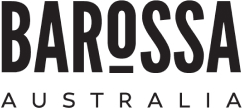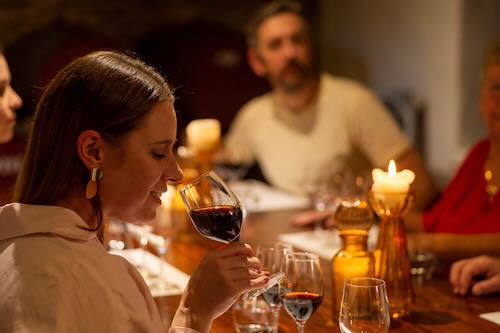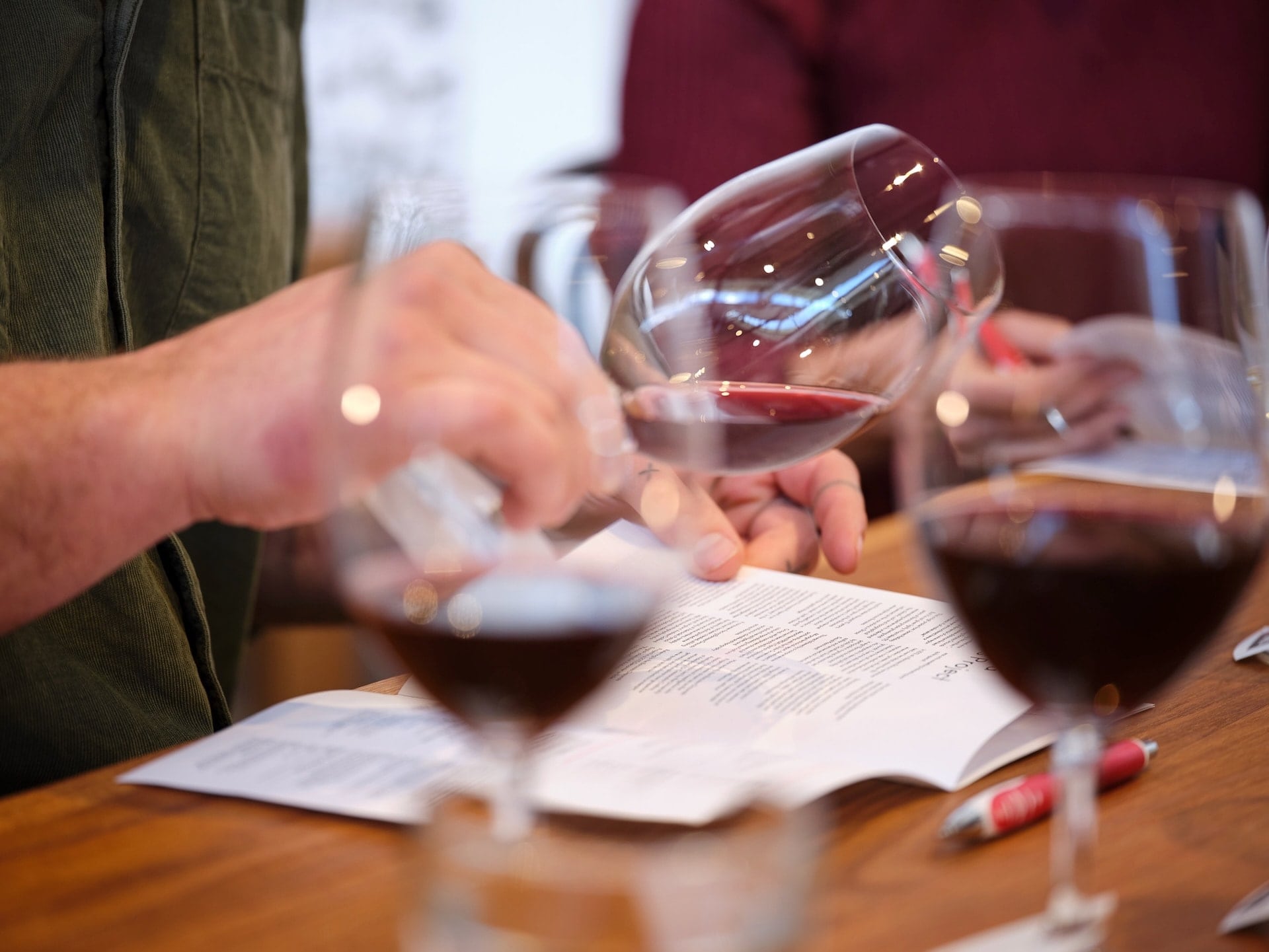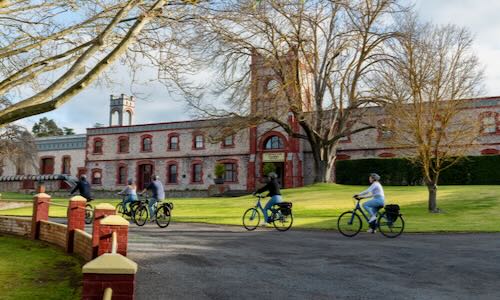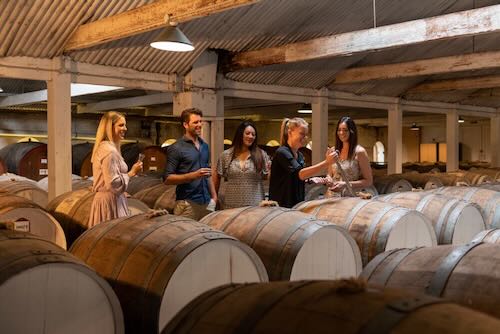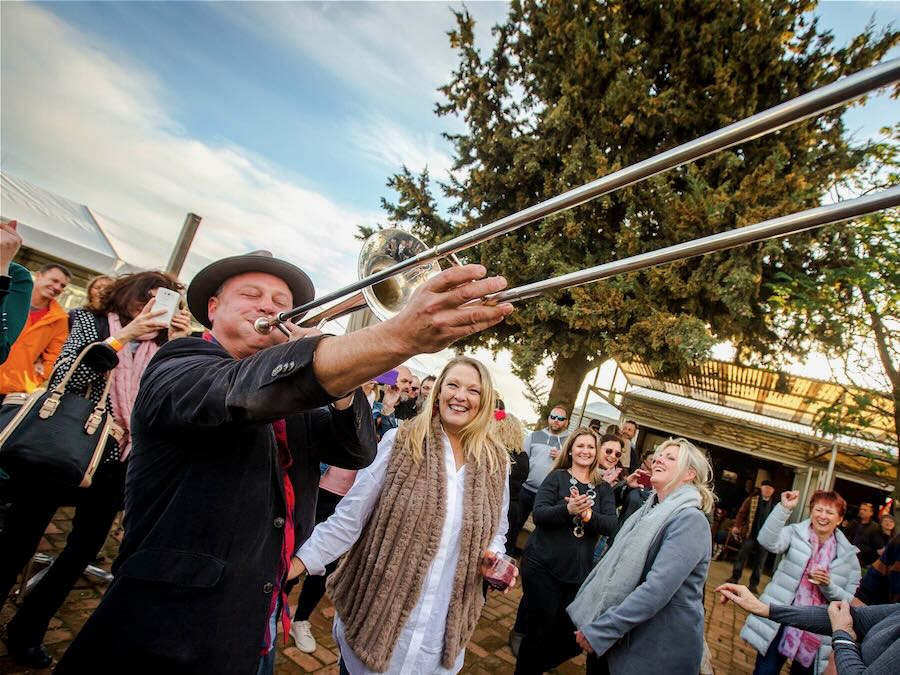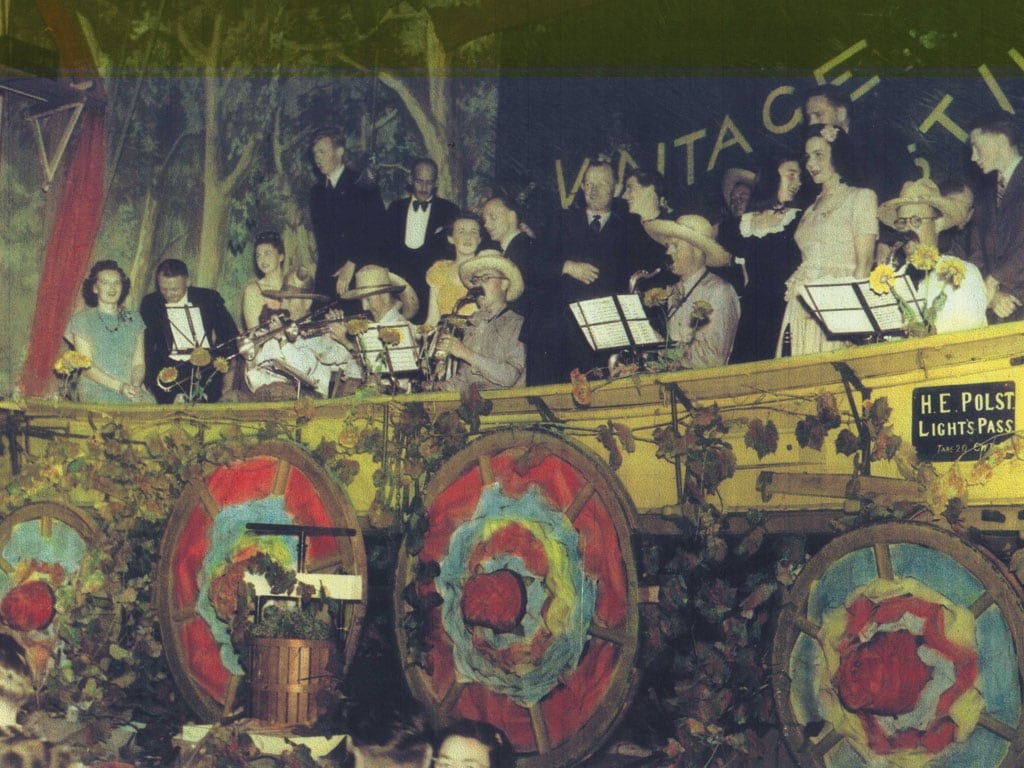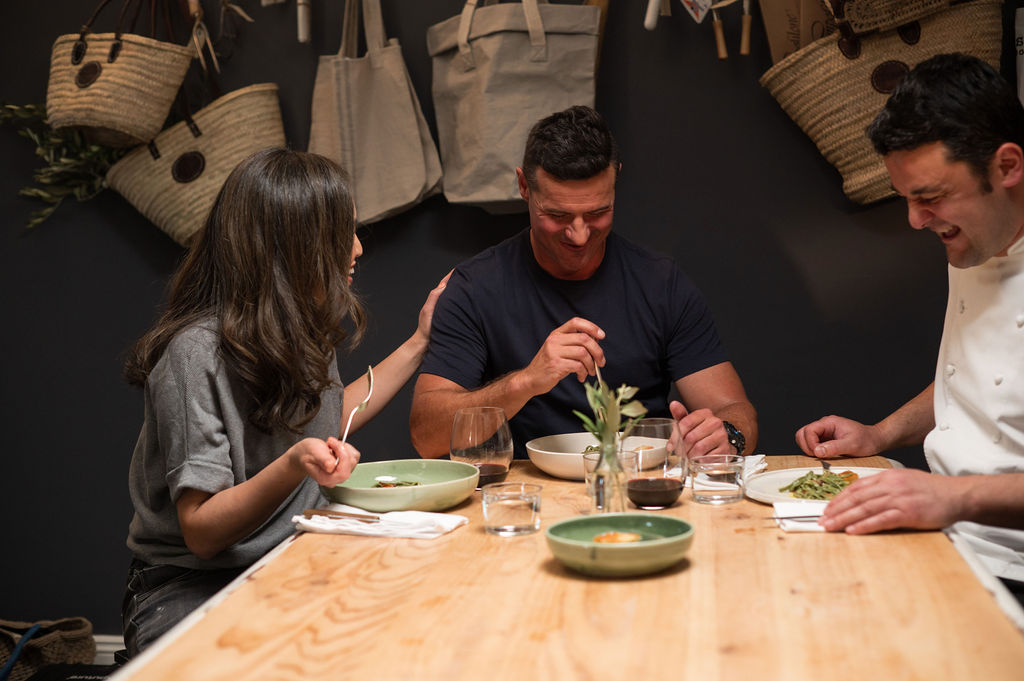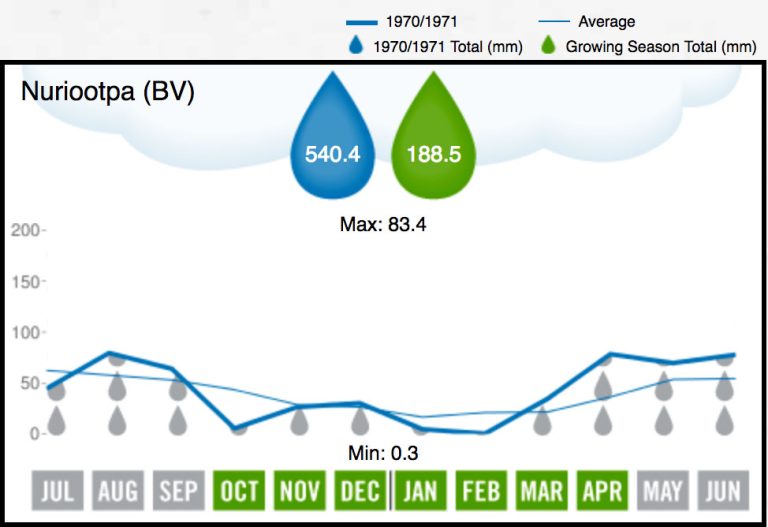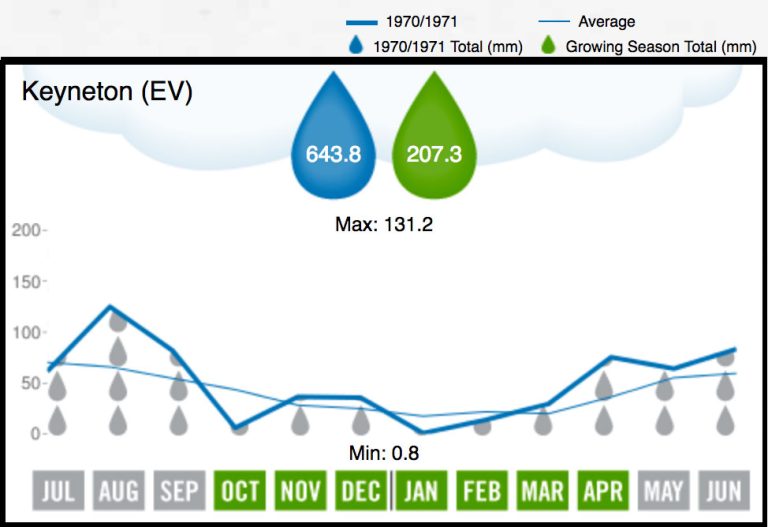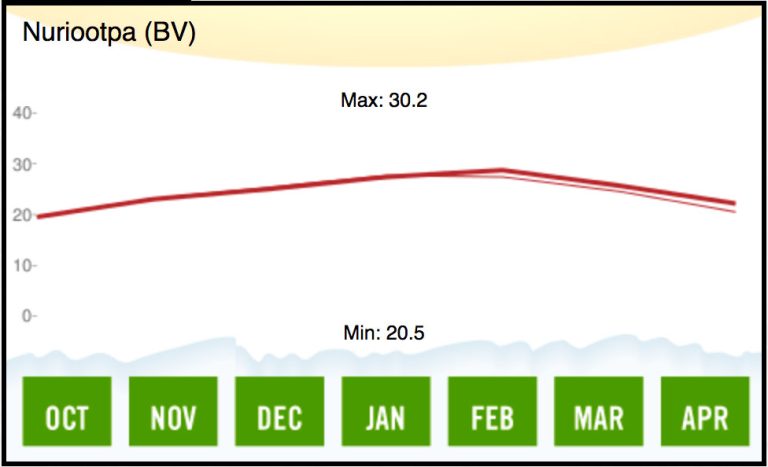Summary
Below average growing season rainfall and a dry January and February, was followed by 25mm of rain in March and a wet April. The warm, ideal vintage conditions of February and early March produced ripe, strong reds.
Highlights
Concern continued over metal contamination in grape handling forcing growers to change to plastic buckets. Dam numbers and water catchment in the Barossa increased and the first drip irrigation was introduced, to supplement widely used furrow irrigation.
Increasing yields and quality became the goal for most grape growers and this was reflected in the increased use of gypsum and nitrogen fertilisers and improved grapevine clones.
Reckitt and Coleman Australia (a subsidiary of the UK grocery company) purchased Orlando in April 1971, marking the end of family ownership of wine companies and the beginning of global corporatisation. It was the same year that Orlando won the Jimmy Watson Trophy with a 1970 Dry Red Claret.
Philip Morris Australia took over Lindemans Holdings which included Leo Buring.
Industry pioneer David Wynn, who had earlier restored Wynns Coonawarra in the South-East of SA, invented the first functional wine cask, or “bag in the box”. The Wynns cask was modified and improved until its widespread uptake by other companies in 1974.
Wine bottles and cartons went metric in 1971 with the first 750 mL bottles introduced.
Following a July 1971 steering committee meeting, The Barossa Valley Winemakers’ Association held its first meeting on Monday October 18, 1971. Inaugural members included Orlando’s Technical Director Colin Gramp as chairman; Kaiser Stuhl’s Chairman Rex Schiller as vice chairman and Yalumba director Dennis Reimann as secretary treasurer. The Association’s charter was to consider promotional opportunities, grape prices and future plantings for the Barossa.
Sources
SA Wine Grape Crush Survey, Vinehealth Australia and ‘Barossa Vintages: a wine history from 1842’, Peter Fuller

